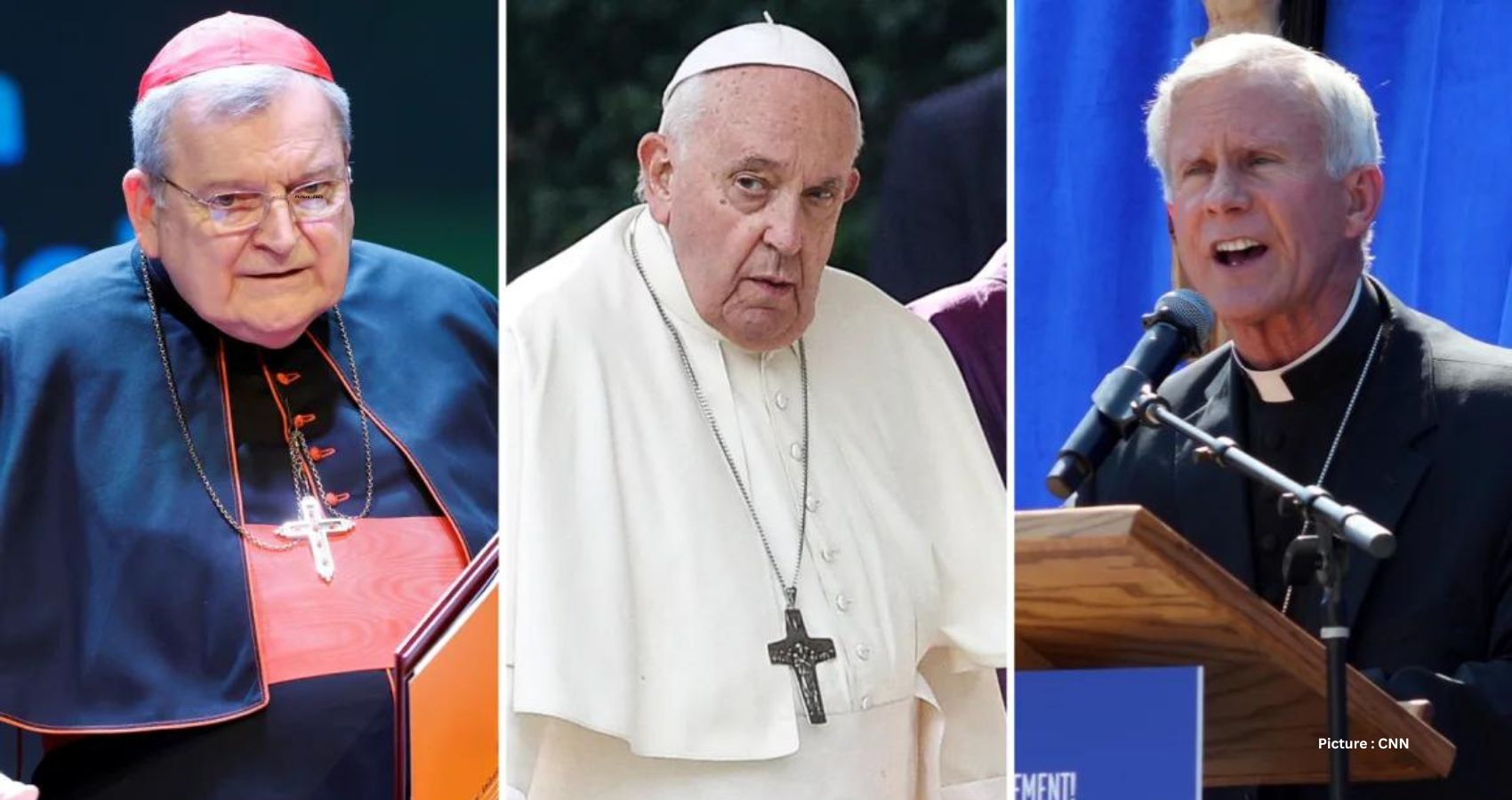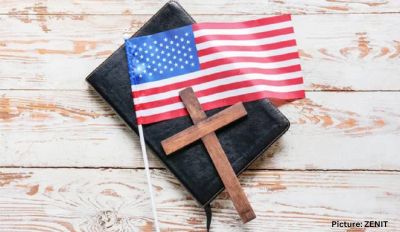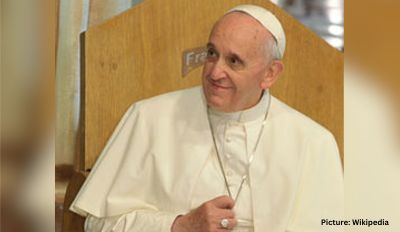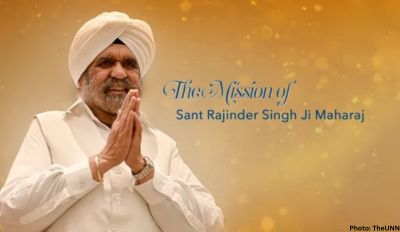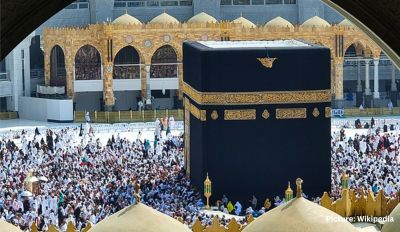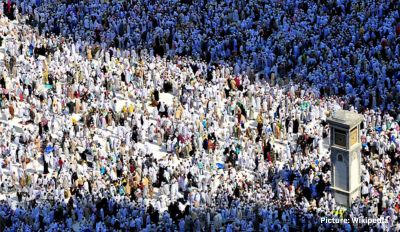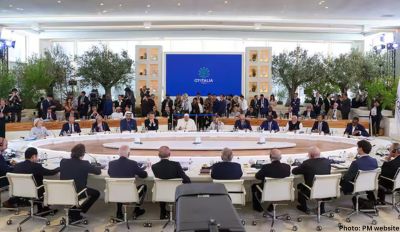In one corner stands Pope Francis, championing a merciful and inclusive Catholic Church, often likened to a “field hospital” tending to the wounds of a suffering humanity. In the opposing corner, a vocal minority, led by US Cardinal Raymond Burke, challenges the Pope’s reforms, setting the stage for a significant showdown.
Pope Francis, committed to upholding the doctrine and principles of the church, aims to propel it forward by shedding certain customs he deems hindering to its mission. The clash arises from differing stances on issues such as communion for divorced and remarried Catholics, pastoral acceptance of LGBTQ individuals, and the Pope’s emphasis on migrants and the climate crisis. Critics desire a Pope who delivers doctrine in unequivocal terms, while Francis advocates for a humbler, service-oriented church focused on bringing the Christian message to the world.
Despite enduring criticisms, Pope Francis has demonstrated resilience, often turning the other cheek and appointing leaders with opposing views to Vatican departments. However, as he enters the 11th year of his papacy and faces health challenges, he has decided to take more assertive measures to address opposition, particularly concentrated in the US and certain Roman circles.
In a significant move, Pope Francis has curtailed privileges for Cardinal Burke, a longstanding opponent. This includes withdrawing a subsidy for Burke’s sizable apartment and monthly stipend. This decision follows the Pope’s recent removal of Texan Bishop Joseph Strickland, who accused Francis of undermining key church teachings. The move has sparked debates, with supporters of Burke and Strickland characterizing Francis as a “dictator” pope, suppressing dissent, while others argue that the Pope is merely addressing critics.
Austen Ivereigh, a papal biographer, shed light on the Pope’s rationale, stating, “Francis told me that he was taking away the apartment and salary of Cardinal Burke because he was using these privileges ‘against the church.’” Ivereigh highlighted the significance of Burke’s prolonged questioning of Francis’ authority and teaching, emphasizing the unusual nature of such dissent within the Catholic Church.
The roots of opposition to Pope Francis extend beyond theological disagreements and delve into the realm of secular politics. Cardinal Burke, aligned with conservative views, expressed satisfaction with President Donald Trump’s election and, along with other bishops, called for denying communion to President Joe Biden due to his support for abortion laws. The intersection of church and politics, particularly amid the polarizing landscape of US politics, is a key element in the resistance to Francis.
Dawn Eden Goldstein, a theologian and canon lawyer, noted that there are forces wishing to see Burke’s vision dominate the church for political purposes. Burke’s alignment with a group critical of Catholic teachings on issues such as care for the poor and the environment further underscores the ideological divide within the church.
The Pope’s decision to strip Burke of privileges may carry unintended consequences, potentially turning him into a “martyr” for the cause, as suggested by church historian Massimo Faggioli. Burke’s support base in the US and the reported financial backing could enable him to maintain a prominent role, akin to the “crown cardinals” of the early modern era.
Critics warn that the Pope’s actions could influence future papal elections by alienating cardinal electors who may seek a candidate governing differently from Francis. However, Pope Francis, seemingly aware of the risks, remains committed to his mission of pivoting the church towards what he deems essential to the Christian faith.
As the Pope navigates this turbulent terrain, it is evident that the clash between traditionalist views and Francis’ vision for a more inclusive and service-oriented church will continue to shape the narrative within the Catholic Church. The tension underscores the broader societal and political challenges that intersect with the ecclesiastical landscape, reflecting the complexities of leading a global religious institution in the modern era.

